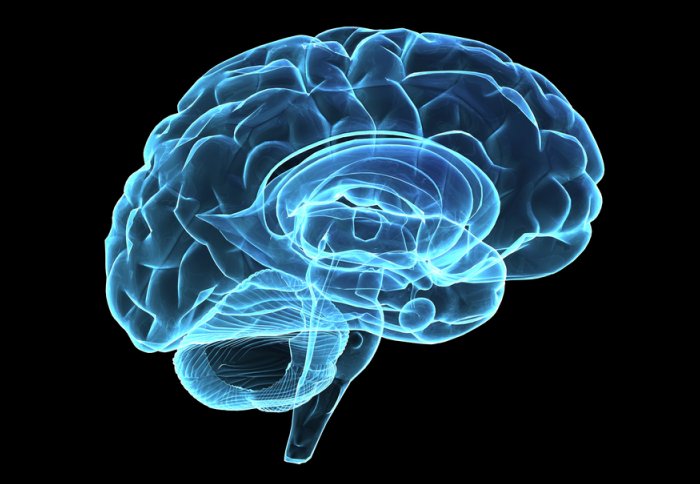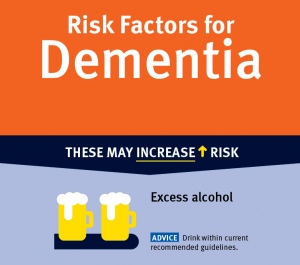From pollution to caffeine intake - Imperial researcher reveals dementia risks
by Kate Wighton

Dementia strikes one in 14 people in the UK over 65, and 47 million people worldwide.
Yet scientists are still urgently trying to find why the disease affects some but not others.
Dr Ruth Peters, a neuropsychologist from Imperial College London, is one such scientist. Her research involves trying to pinpoint the risk factors for dementia. Dr Peters, from the School of Public Health at Imperial, is particularly focused on the factors that are in our power to change - such as weight, blood pressure and alcohol intake.
Using the latest information from clinical trials and studies into dementia, she has created an infographic that shows what factors do - and don't - reduce the risk of dementia. She has compiled this in conjunction with Professor Kaarin J Anstey, Director of the Centre for Research on Ageing at Australian National University.
Among the findings from the latest research, represented in the infographic, are that eating a large amount of fatty foods and living in a polluted area may increase dementia risk, whereas taking regular exercise and keeping cholesterol at healthy levels may lower risk.
Dr Peters explained: "The evidence is increasingly suggesting that keeping a healthy blood circulation throughout the body is crucial for lowering dementia risk - in other words, what is good for your heart is good for your brain."
A healthy heart, arteries and veins ensures the brain receives an adequate supply of oxygen and nutrients, which keeps our neurons functioning properly.
Dr Peters' current work is investigating whether any particular blood pressure medications seem to improve cognitive function. Her most recent research, published this week in the journal Current Hypertensive Reports, found no type of medicine seems to work better than another.

Dr Ruth Peters
"Previous work has suggested a type of blood pressure medication called calcium channel blockers may improve cognitive function, though the latest findings don't suggest this," said Dr Peters. "There are still large gaps in our knowledge when it comes to dementia risk, which scientists are working hard to fill - but in the meantime keeping yourself fit, active and healthy will keep your brain - and body - in good shape."
Professor Anstey added: "Keeping healthy in middle age is important for brain ageing and reducing risk of dementia in old age - but it's never too early or too late to take steps to reduce your risk"
Article text (excluding photos or graphics) © Imperial College London.
Photos and graphics subject to third party copyright used with permission or © Imperial College London.
Reporter
Kate Wighton
Communications Division
